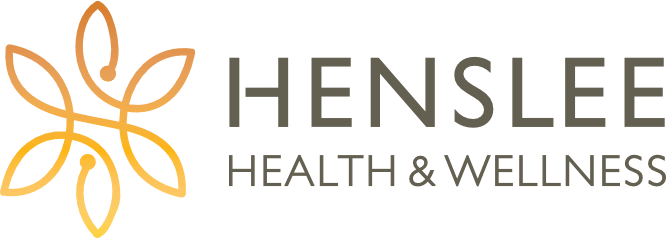Change
“The secret of change is to focus all of your energy, not on fighting the old, but on building the new.” -Socrates
We humans are a peculiar bunch. We tend to think that we live fairly stable, static lives and that--every once in a while--something changes. However, nothing could be further from the truth. We actually live our lives in a constantly changing world populated by constantly changing people in constantly changing circumstances. Yet, we tend to resist change.
Change is hard for a lot of people. The changes that come with aging can be particularly hard to take. Especially for the older crowd. When you’re 13, aging means you get to start driving in a couple of years. When you’re 63, aging means you’re going to be on Medicare in a couple of years. The 13 year-old will invariably see the positive side of aging: getting to drive—going places with friends without the parental units—without any consideration of possible negatives. On the other hand, a lot of people who are Medicare age bemoan the fact that they are getting older, seeing the negative aspects rather than the positive ones (the senior discount at your favorite taco place!).
Change comes to just about everything, not just aging. And, there are good things as well as bad things about most changes. But, ol’ Socrates had it right. Since change is inevitable, and sometimes desirable, we need to embrace it and devote our time and energy to figuring out how to make the most of it in our lives. Get advice from someone you know who has been through a similar change. Read, pray, meditate; find your way in your new circumstance. Then, thrive and make the most of your life…and get ready for the next change. It’s just over the horizon.
David Henslee, P.T., NBC-HWC



